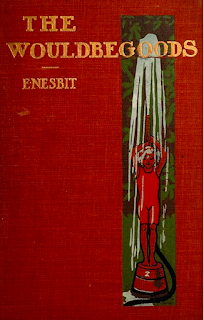A few years ago when I was especially enamored of Dickens, I bought nearly every one of his books I could get my hands on, including his lesser-known nonfiction. I'd been meaning to read Pictures from Italy for several years and since I recently took a vacation in Tuscany, it seemed like the perfect time to read it.
Well, yes and no. I was really hoping it would be a delightful travelogue, and it really isn't. To put it bluntly, it's not a very flattering portrait of Italy. Dickens seems rather fixated on darker, more grotesque aspects. Though he does love some of the historical sites like the Colosseum, he repeatedly describes the darker side of Italy, gleefully describing a tour of a fortress where people were tortured during the Inquisition; several descriptions of cemeteries with mass graves where poor people are buried, and I think there's even an execution. It's almost as if he's reveling in the squalor of the seamier side of Italy. Occasionally, he does describe the beautiful landscape and architecture, but over and over, it's pretty negative. Dickens wasn't too impressed with the Italian people either, mostly describing them as beggars or cheats. It's also pretty clear he didn't think much of Catholicism.
Basically, I feel like Dickens was showing all his British readers how edgy and daring he was, showing the seamier side of traveling to a poorer country. Characters in Victorian novels often mention that they might move to the continent, where the living is cheaper, and it's also common for them to honeymoon in Italy or take the Grand Tour. It sounds very exciting to me as a 21st century Yank but there's nothing glamorous about this book. I found it to be mostly unflattering and often quite condescending, and it was disconcerting to read this while actually on holiday in Italy, where I had a wonderful time with excellent food and very nice people.
 |
| View of Florence from the Boboli Gardens. What's not to love, Dickens? |
I'm counting this as my Italian read for the European Reading Challenge, and as my Dickens read for the Victorian Reading Challenge.






























